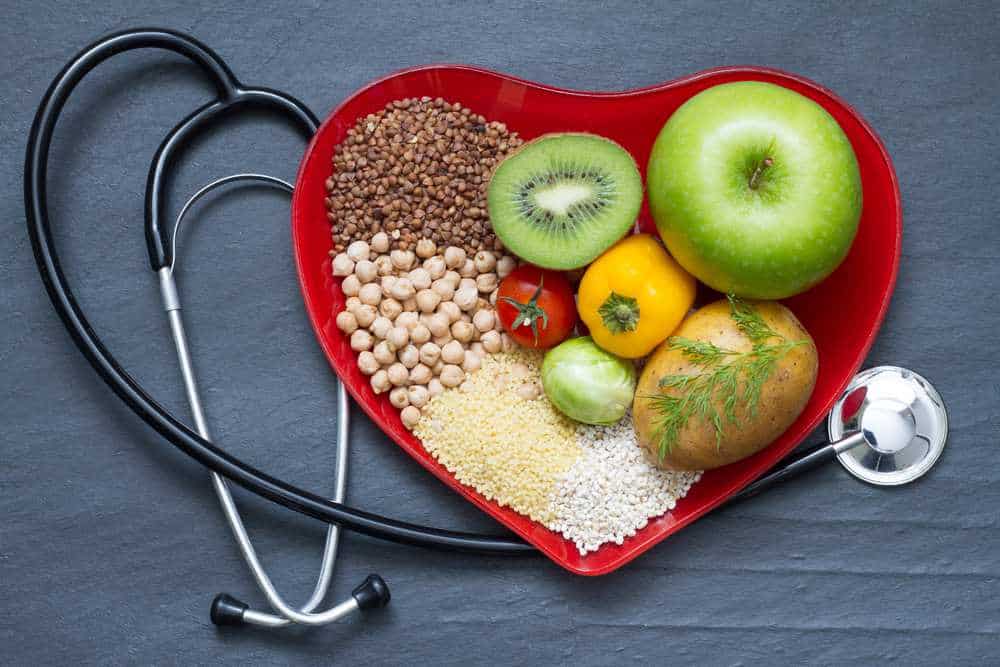Best Diets for Heart Health: DASH, Mediterranean, Low-Sodium Explained
Share IT

Launch Your Dream Website with Us!
Click Here to Get in touch with Us.
Categories
Heart Healthy Diets
Your Heart-Healthy Dietary Toolkit: Low-Sodium, Mediterranean, and DASH Diets
The challenge to world health that is heart disease calls for a multifaceted strategy. Your nutrition is an important tool in your toolbox. Numerous dietary regimens have been shown to be successful in enhancing heart health. A thorough examination of the DASH, Mediterranean, and low-sodium diets is provided here.
Thank you for reading this post, don't forget to subscribe!Table of Contents

- The DASH Diet: An Effective Way to Reduce Blood Pressure
The original goal of the Dietary Approaches to Stop Hypertension (DASH) diet was to lower high blood pressure. Nonetheless, studies have demonstrated how well it works to support general heart health. This is what it comprises: Heart Healthy Diets
- Concentrate on Fruits: Vegetables, and Whole Grains: These provide vital vitamins, minerals, and fibre, and they are the cornerstone of the DASH diet. Aim for 6-8 servings of whole grains (quinoa, brown rice, and oats) and at least 4-5 servings of fruits and vegetables per day.
- Select Lean Protein: To meet your needs for protein without the saturated fat that comes with red meat, choose foods like fish, chicken, beans, and lentils. A couple servings of red meat per week is the maximum.
- Low-Sat Content Dairy Products: For necessary calcium and vitamin D, include low-fat or fat-free milk, yoghurt, and cheese; however, limit your intake of saturated fats.
- Reduce Unhealthy Fats: Red meat, fried foods, processed foods, and trans and saturated fats should all be minimised. In moderation, select healthy fats from foods like avocados, nuts, seeds, and olive oil.
- Moderate Sodium consumption: For best outcomes, the DASH diet suggests a daily sodium consumption of 2,300 milligrammes (mg), which can be gradually reduced to 1,500 mg. Cut back on canned items, added salt, and processed foods.
Heart Healthy Diets
Restrict your intake of sweets and sugary drinks because they raise your blood sugar levels and cause weight gain. For sweetness, go for water, unsweetened tea or coffee, and natural fruits.
The DASH diet encourages a heart-healthy, balanced approach that places an emphasis on whole foods and minimises processed foods and harmful fats.
- A Taste of Heart Health with the Mediterranean Diet
This diet, which emphasises tasty, fresh foods, is based on the traditional eating habits of Mediterranean-bordering countries and has several health advantages. Important characteristics consist of:Heart Healthy Diets
- Plenty of Fruits and Vegetables: The mainstays of the Mediterranean diet, they offer vital antioxidants, vitamins, and minerals. Every day, strive for a vibrant variety.
- Whole Grains: A good source of fibre and long-lasting energy, whole wheat products include pasta, bread, brown rice, and quinoa.
- Healthy Fats: The best form of fat is olive oil, which contains monounsaturated fatty acids that are known to improve heart health.
- Fish: Included at least twice a week, fish is high in omega-3 fatty acids and promotes heart and brain health.
- Eggs and poultry: are good sources of protein, but only in moderation.
- Restricted Red Meat: Consuming red meat should only be done on special occasions.
- Dairy in Moderation: Because of its high calcium content, cheese and yoghurt are considered dairy in moderation.
- Herbs and spices: These flavor-boosting superfoods boost flavour without adding sodium, which promotes a lower intake of salt.
- Minimise Sugary Drinks and Processed Foods: Whole, unprocessed foods are prioritised, and sugary drinks are kept to a minimum.
Heart Healthy Diets
There is more to the Mediterranean diet than just food. It encourages a carefree, communal eating style that fosters conscious mealtime enjoyment with loved ones.
- The Low-Sodium Diet: A Focused Method for Lowering Sodium Levels
A low-sodium diet can be the best option if you have high blood pressure or if your doctor has given you particular instructions. This is its main focus:
- Reducing Sodium Intake: Cutting back on sodium consumption is the main goal. For best heart health, the American Heart Association suggests taking no more than 2,300 mg daily—ideally, 1,500 mg.
- Examining Nutrition Labels: When choosing packaged goods, be sure to check the sodium amount carefully. Select products with less sodium.
- Cooking at Home: This gives you the ability to regulate how much salt goes into your food. For flavour, use spices and herbs.
- Cut Back on Processed Foods: Processed foods frequently include a lot of salt. Choose whole, fresh meals whenever you can.
- Watch Out for Hidden Sodium Sources: Surprising sources of sodium include cheese, bread, and sauces. Take note of these obscure sources.
Heart Healthy Diets
One specific strategy for controlling high blood pressure and enhancing heart health is a low-sodium diet. Making dietary decisions could need extra preparation and focus.
Selecting the Ideal Diet for Yourself
Heart Healthy Diets
These three eating patterns are only a few of the numerous ways that you might improve your heart health. Making a decision

Launch Your Dream Website with Us!
Click Here to Get in touch with Us.





























































Recent Comments